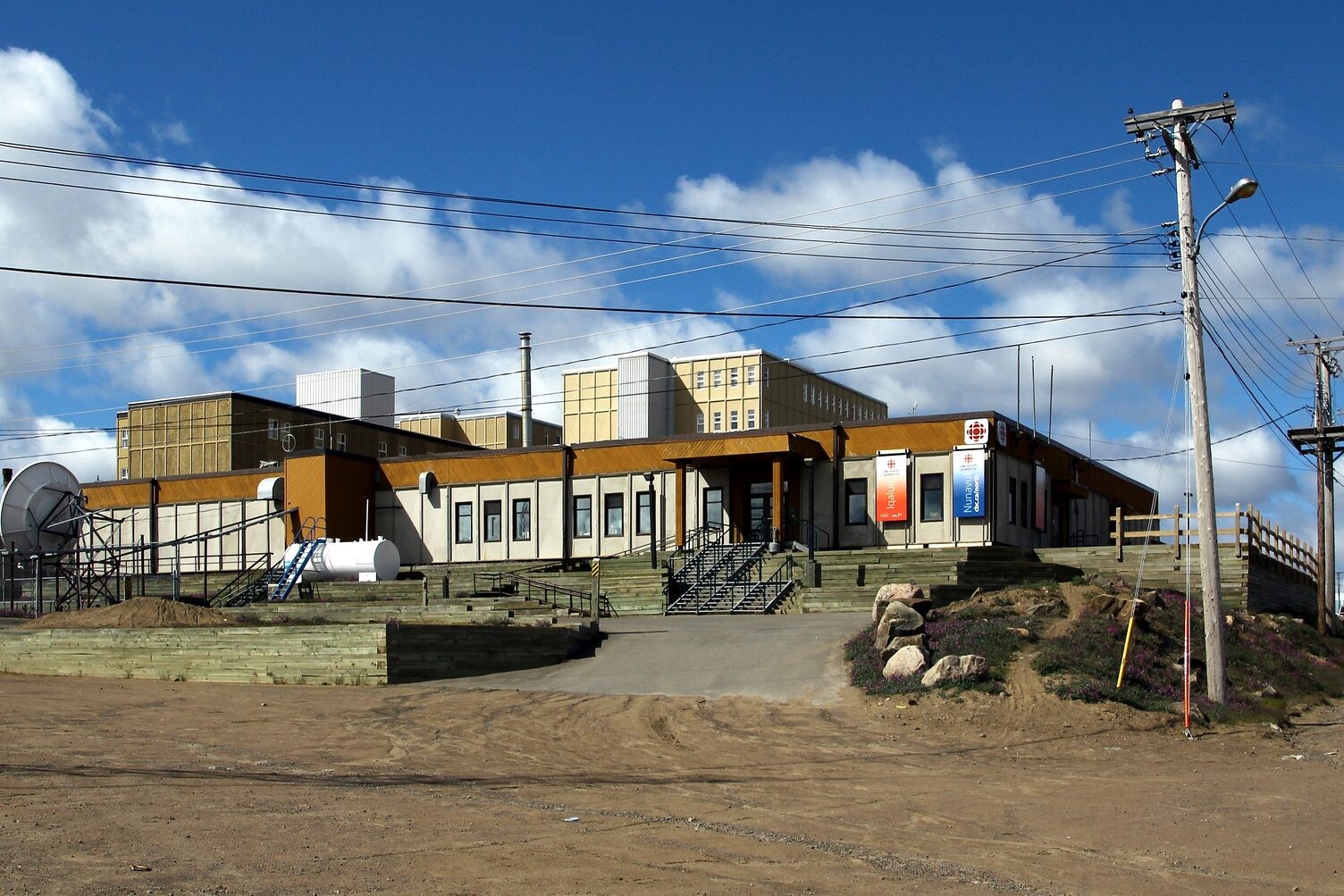The Australian public broadcaster, ABC, sets out new measures aimed at enhancing greater integration between Aboriginal peoples, Torres Strait Islanders and non-Indigenous communities by ensuring that local languages and voices are an everyday part of the national conversation.
The Elevate Reconciliation Action Plan (RAP) 2019-2022 will introduce various initiatives to promote diversity nationwide and include more content and perspectives reflecting the lives of Australia’s indigenous peoples and cultures. The initiatives include recording local languages into radio station idents; producing rights and release forms that enable Indigenous communities to retain the copyright and ownership of their cultural knowledge and languages as well as increasing the use of Indigenous names in news reporting, video programming and social media briefs. Further details are in today’s press release.
The lifespan of the plan will be from 1 July 2019 to 30 June 2022. It is the fourth of the ABC’s Reconciliation Action Plans (RAPs), having first launched the RAPs in 2009, with the intention of helping to improve employment and business opportunities for indigenous communities as well as aiming to better promote cultural understanding and respect. Yet it is the first of its kind as an Elevate RAP, adopted from Reconciliation Australia’s RISE (Reflect, Innovate, Stretch, Elevate) framework, a non-profit organisation that encourages the integration of indigenous and non-indigenous communities within the country.
ABC’s former Managing Director, Mark Scott, voiced concerns before he left the broadcaster in 2016 about ABC needing to “look and sound less Anglo”, reflecting on the need for ABC to better represent modern Australia.
The plan is therefore part of the ABC’s long term commitments to promote diversity of Indigenous cultures and history. ABC Managing Director, David Anderson, said, “In this International Year of Indigenous Languages and beyond, the ABC is dedicated to ensuring First Nations’ voices are heard in our organisation and reflected in our content for audiences.”
PMA have previously reported on measures taken by other public broadcasters around the world to ensure that their content and programming is as representative and inclusive of, as well as engaging for, their diverse range of audiences.
In 2016, Australia’s other public service broadcaster, SBS, launched an online documentary “with the aim of raising awareness of Australia’s many Indigenous languages, specifically Marra, which is only spoken by three people.”
In the same year, Peruvian public broadcaster, TV Peru, launched a news show in the Quechua language, to widen the representation of indigenous groups, which have often been subject to folkloristic portrayals.
CBC/Radio-Canada also emphasises inclusivity and diversity, principles that are embedded within their mandate. They offer programmes in English, French and eight of the Indigenous Canadian languages on domestic radio service as well as in five languages on Radio-Canada International, its web-based, international radio service.
Recommended: Public media & indigenous languages
The PMA are proud to promote the efforts made by ABC and all of our members to reach and represent all groups within society. After all, a key pillar of PSM is to be widely representative and accessible to a public that pay for them. Therefore, both Indigenous and non-Indigenous communities should feel that they can trust in their national, public broadcaster to represent and reflect their myriad of languages, cultures and perspectives as well as provide content that is relevant to their daily lives.
Header Image: Sydney, Australia – March 24, 2015: People entering and leaving the Australian Broadcasting Corporation (ABC) Centre in Ultimo. Credit: kokkai/iStock

